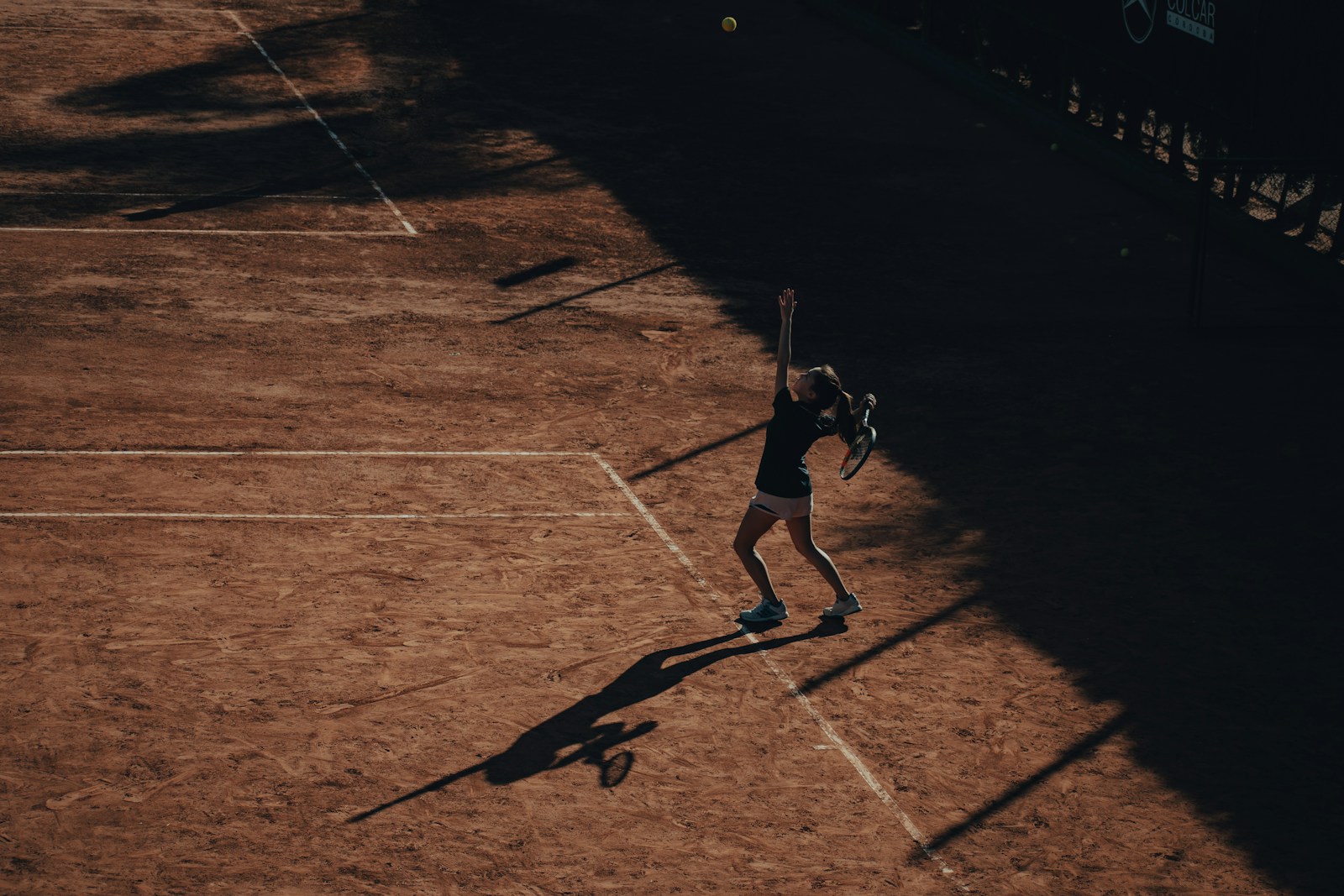The Toughest Match: Tennis's Growing Conversation About Mental Health

Tennis is, by its very nature, a brutal and isolating sport. There are no teammates to rely on, no coaches to call a timeout. A player is alone on an island, exposed before a global audience, forced to confront not only their opponent, but also the relentless pressure of their own inner monologue. For decades, the immense psychological toll of this existence was a hidden crisis, a weakness that was to be endured in silence.
Today, that silence is finally being broken. Thanks to the courage of a new generation of high-profile players who have spoken openly about their struggles with anxiety, depression, and burnout, professional tennis is in the midst of a profound and long-overdue conversation about mental health.
A New Generation Speaks Out
The turning point can be traced to the moment when Naomi Osaka, then one of the biggest stars in the sport, withdrew from the French Open in 2021, citing the need to protect her mental health from the pressures of mandatory press conferences. Her decision was met with a mixture of criticism and, more importantly, a groundswell of support from her fellow players.
Since then, a host of other stars, including Iga Świątek, Taylor Fritz, and Coco Gauff, have spoken with remarkable candor about the psychological challenges of life on the tour. They have talked about the loneliness of constant travel, the pressure of expectations, the toxicity of social media, and the difficulty of coping with devastating losses.
This new openness has had a transformative effect. It has begun to destigmatize the issue of mental health in a sport that has long prized a facade of unbreakable mental toughness. It has created a sense of shared experience, letting other players who are struggling know that they are not alone.
The Systemic Pressures of the Tour
The conversation is now moving beyond individual stories to a critique of the systemic pressures of the professional tennis lifestyle. The tour is a relentless, year-round grind, with players traveling to a different city and a different continent almost every week. It is a life lived out of a suitcase, far from the support systems of family and friends.
The ranking system is a source of constant, unforgiving pressure. A player's livelihood depends on their ability to defend the ranking points they earned the previous year. A single injury or a slump in form can send a player tumbling down the rankings, cutting off their access to the main draw of the biggest tournaments. For the vast majority of players outside the top 100, it is a life of immense financial precarity, where a first-round loss can mean the difference between breaking even and going into debt for the week.
In response to this growing awareness, the ATP and WTA tours have begun to take the issue more seriously. They have expanded their mental health resources, providing players with access to therapists and sports psychologists. But many argue that more fundamental, structural changes are needed to make the tour a healthier and more sustainable environment for its athletes.
The players who have spoken out have done more than just share their own stories. They have started a movement. They have forced a notoriously traditional sport to confront the human cost of the entertainment it provides. In a sport defined by individual combat, they have shown that the toughest match is often the one played against the opponent within.
